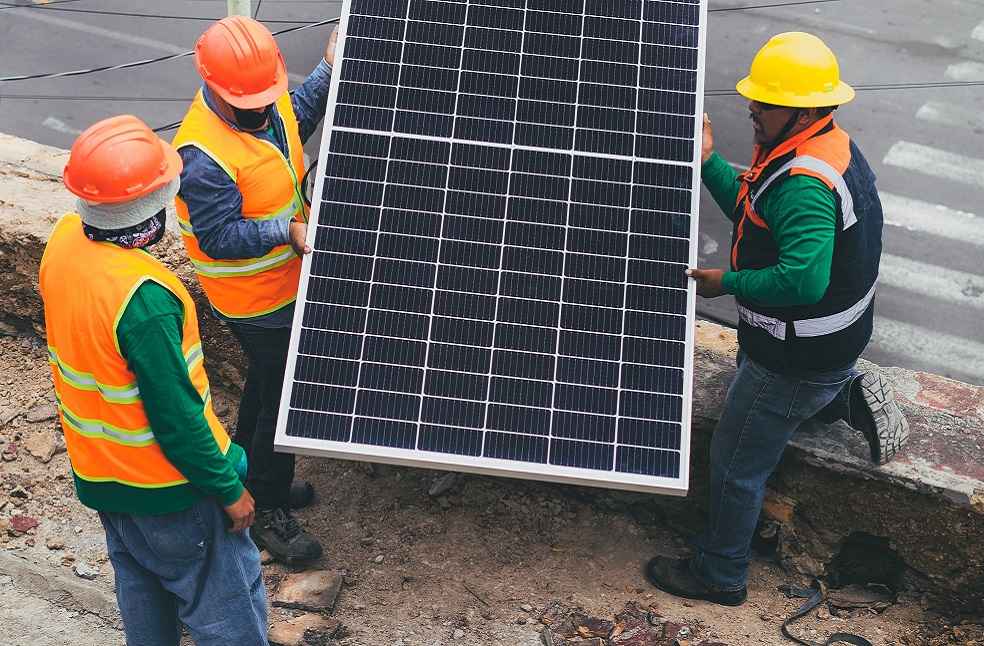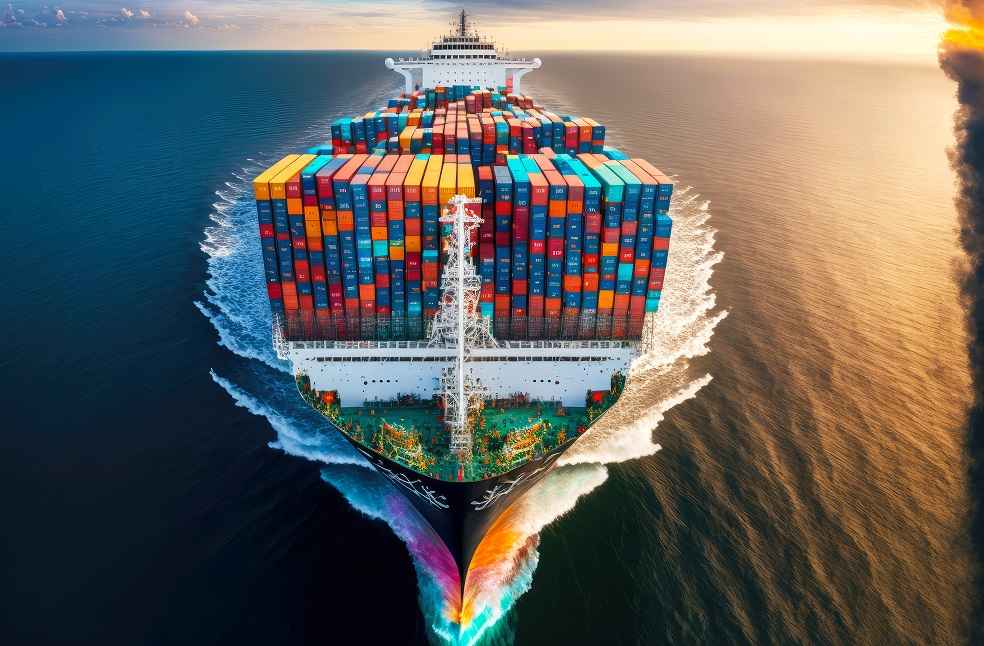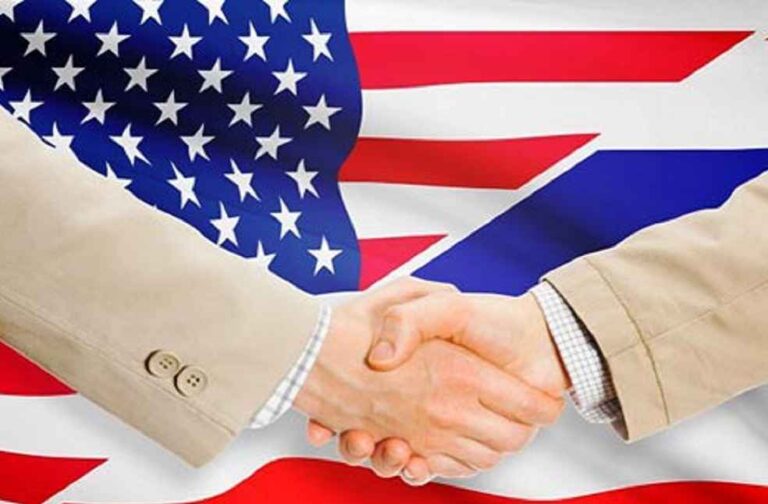US Ambassador Robert F. Godec and Gonzalo Suarez, the US Assistant Secretary of State for International Security and Nonproliferation, recently engaged with Phumtham Wechayachai, Thailand’s Deputy Prime Minister and Minister of Commerce. Their discussions centered on enhancing investment and trade relations, emphasizing international security measures, particularly concerning dual-use items (DUIs).
DUIs, with both commercial and military applications, pose significant risks if misused. These items permeate several industries such as automotive, electronics, aviation, marine equipment, telecommunications, sensors, and lasers. For instance, ball bearings used in heavy machinery could be repurposed for nuclear weapons, while carbon fiber in sports equipment might serve in gas centrifuges. Even coronavirus, utilized for vaccines, can be a biological weapon.
Phumtham assured the US representatives of Thailand’s commitment to preventing Weapons of Mass Destruction (WMD) proliferation by controlling export activities, aligning with international resolutions including UN Security Council Resolution 1540. Ongoing efforts with agencies like the Customs Department and Ministry of Foreign Affairs aim to prevent Thailand from becoming a transit hub for such goods.

These controls could impact Thailand’s industries. The Ministry of Commerce is developing a licensing system and updating the DUI list to keep pace with technological changes, focusing initially on nuclear-related items, with implementation expected by mid-2025.
The discussions also addressed US trade remedies, including anti-dumping and countervailing duties on solar cell products, which affect Thailand’s economy and foreign investment. Concerns about hazardous waste from the US being mixed with other goods were raised, with the US ambassador agreeing to address the issue.
Existing trade and investment measures may prove insufficient in today’s global trade environment, especially regarding security and peace. Phumtham emphasized the necessity for Thai private sectors to take DUI control measures seriously, assuring investors of Thailand’s safety as a production base for high-tech products, free from ties to terrorism or WMD proliferation.
President Biden’s policies to boost clean energy production under the Inflation Reduction Act (IRA) have led to significant investments in the solar industry, with over $17 billion invested since he took office. This investment equates to over 335 gigawatts of energy, enough to power 18 million households. Despite these efforts, most solar panels originate from China, prompting the US to increase tariffs on Chinese solar panels from 25% to 50% under Section 301 of the Trade Act of 1974.

To avoid shortages, Biden exempted tariffs on solar panels from Cambodia, Malaysia, Thailand, and Vietnam in June 2022. This exemption expired on June 6, 2024, leading to concerns about Chinese manufacturers circumventing trade remedies by assembling panels in these exempt ASEAN countries. This situation could result in new trade measures impacting Thailand and others.
Phumtham underscored that if the US seeks stricter DUI controls from Thailand, it must ensure fair trade measures on Thai solar panels. He stated, “Global unrest and regional tensions have led to severe conflicts affecting economies and trade, including Thailand. It’s time for Thailand to tighten controls on WMD-related and DUI goods to prevent commercial items from being repurposed for destructive use, particularly in conflicts or regional unrest.”
Thailand’s WMD-related Goods Control Act of 2019 oversees WMD and DUI items, empowering the Ministry of Commerce to implement comprehensive control measures, including licensing and self-certification. The Ministry’s Internal Compliance Programme (ICP) certification guidelines and End-use End-User Control (EUEUC) measures align with international standards.
Despite these frameworks, Thailand has yet to enforce licensing measures for DUIs, which are crucial for effective control and recognition by key trading partners, including the US, EU, Japan, Singapore, Taiwan, Hong Kong, and Australia. Implementing licensing will boost foreign direct investment in Thailand, particularly in high-tech sectors, enhancing the country’s economic and security landscape.
LOGISTICS INDUSTRY | Malaysia’s Shipping Policy Boosts Fleet, Advances Green Transition



